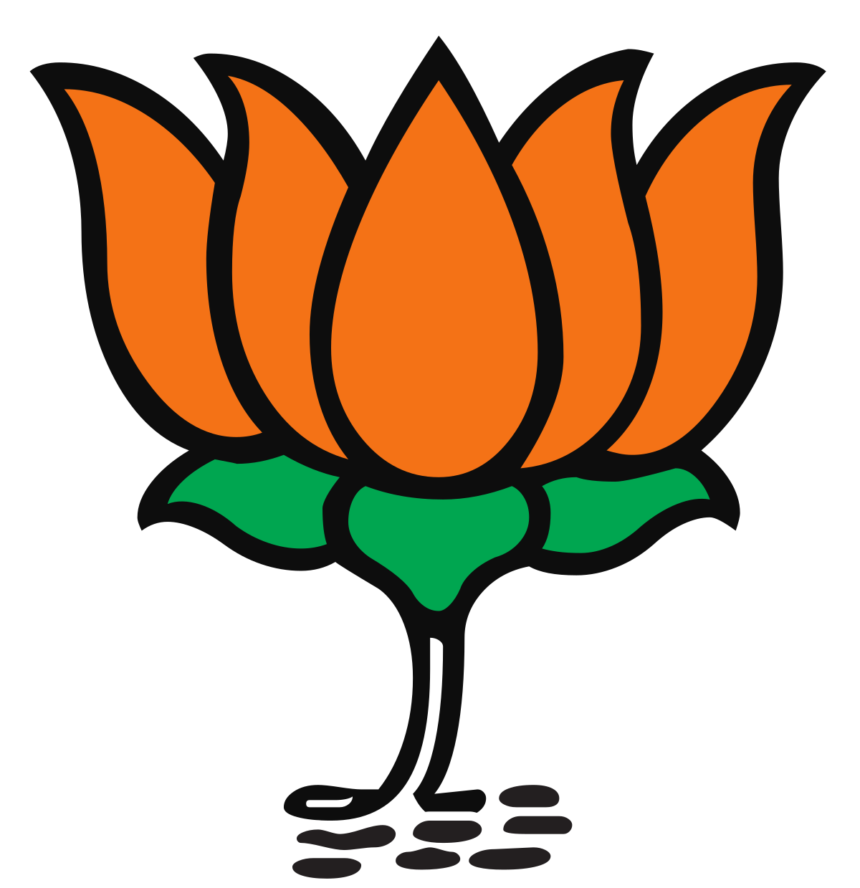In a major organizational restructuring, the Bharatiya Janata Party (BJP) announced on Tuesday the appointment of new leaders for key positions in Telangana, Punjab, Jharkhand, and Andhra Pradesh. This move demonstrates the party’s commitment to strengthening its presence and setting its house in order ahead of upcoming elections.
G. Kishan Reddy, the Union Minister, has been named as the new president of BJP in Telangana. Reddy’s appointment comes at a crucial time when the party aims to consolidate its position in the state and face the challenges posed by other political players. This decision reflects the party’s intention to bolster its leadership and bring in experienced figures to guide its strategy in Telangana.
Similarly, in Punjab, Sunil Jakhar has been appointed as the president of the BJP. Jakhar’s selection signifies the party’s endeavor to broaden its support base in the state, which has traditionally been dominated by regional parties. The BJP’s move to entrust Jakhar with this responsibility reflects its determination to strengthen its organizational structure and galvanize its cadre ahead of crucial electoral battles.
In Jharkhand, Babulal Marandi has been chosen as the president of the BJP. Marandi’s appointment is significant as he is a prominent tribal leader with a strong political background. With this decision, the BJP aims to consolidate its support among tribal communities in Jharkhand and leverage Marandi’s leadership skills to propel the party’s growth in the state.
In Andhra Pradesh, the BJP has appointed D. Purandeswari, a former Union Minister, as its new state president. Purandeswari’s elevation to this position underscores the party’s focus on expanding its footprint in the region and connecting with diverse sections of society. Her experience in national politics is expected to contribute to the BJP’s efforts to build a strong organizational structure and gain momentum in Andhra Pradesh.
Furthermore, the BJP has appointed Etela Rajender, an influential leader from the Other Backward Classes (OBC) community, as the chairperson of its election management committee in Telangana. Rajender’s inclusion highlights the party’s intention to prioritize the interests of various social groups and ensure effective campaign planning and execution in the forthcoming elections.
This comprehensive reshuffling of leadership positions within the BJP reflects the party’s commitment to strengthening its presence in multiple states. By appointing leaders with diverse backgrounds and experiences, the BJP aims to tap into different voter segments, consolidate its support base, and streamline its organizational structure.
Moreover, the decision to reorganize its leadership in Telangana is particularly noteworthy. It indicates the BJP’s determination to address internal dissent and unite various factions within the state unit. This move is crucial for the party to present a united front and effectively challenge the incumbent government in Telangana.
As the BJP prepares for upcoming elections in these states, the new appointees will play pivotal roles in formulating strategies, mobilizing party workers, and connecting with voters. Their collective experience and leadership acumen will be crucial in navigating the complex political landscape and securing electoral victories for the BJP.
The BJP’s organizational rejig in Telangana, Punjab, Jharkhand, and Andhra Pradesh reflects the party’s proactive approach in strengthening its foundations and expanding its political footprint. The selection of experienced leaders for key positions underscores the party’s determination to build a robust organizational structure and ensure effective representation across diverse regions and communities.









